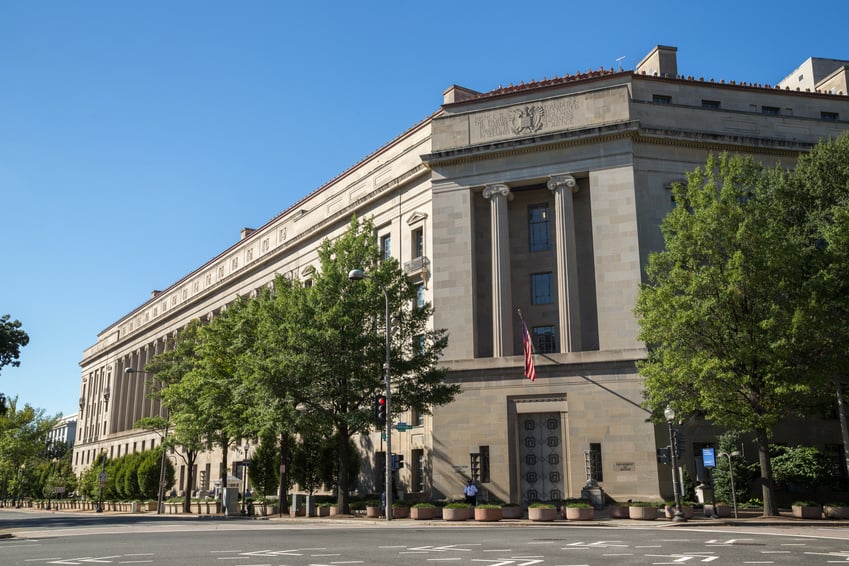The US District Court for the Southern District of Texas has granted a motion to dismiss the FTC’s lawsuit filed by private equity firm Welsh, Carson, Anderson & Stowe (WCAS), but denied the motion to dismiss filed by its minority-owned portfolio company, US Anesthesiology Partners, Inc. (USAP). The FTC alleged that WCAS and USAP developed and pursued an anticompetitive acquisition strategy to “roll-up” multiple Texas-based aesthesia practices in violation of federal antitrust law. The court granted WCAS’s motion to dismiss because it found that its minority, non-controlling stake in USAP was insufficient to support a violation of federal antitrust law.
Last year, we warned that the Federal Trade Commission was starting to go after directors, owners and private equity firms in control of entities that violated American antitrust laws. That has now proven true.
On 21 September, the FTC filed a 106-page complaint in the US District Court for the Southern District of Texas against US Anesthesia Partners Inc. and its private equity investor, Welsh Carson Anderson & Stowe XI LP.
On 21 September 2023, the Federal Trade Commission (FTC) announced that it was suing US Anesthesia Partners, Inc. (USAP) and its private equity owner Welsh, Carson, Anderson & Stowe (WCAS) in the US District Court for the Southern District of Texas. The lawsuit targets a common private equity strategy known as a “roll-up.” A roll-up merger typically occurs when a private equity company acquires several small companies in the same market and subsequently merges those companies.
On 13 April 2023, the Federal Trade Commission (FTC) issued a letter containing a Notice of Penalty Offenses Concerning Substantiation of Product Claims to approximately 670 advertisers, putting each company on notice that deceiving consumers with advertisements that make unsubstantiated product claims could subject the company to civil penalties of up to USD 50,120 per violation under 15 U.S.C. § 45(m)(1)(B).
On 27 January 2023, the Eleventh Circuit Court of Appeals issued its unanimous (3-0) decision in FTC v. Simple Health Plans, LLC, et al., No. 21-13116. This matter stemmed from an individual defendant’s emergency motion to dissolve a preliminary injunction that a district court had issued under Sections 13(b) and 19 of the FTC Act. The district court denied the emergency motion, and the defendant appealed.
In the wake of US Supreme Court precedent in the 2021 AMG Capital Management LLC v. Federal Trade Commission decision, the FTC is doubling down and expanding its enforcement efforts to target executives, directors and owners, including private equity, in an effort to hold accountable anyone profiting from anti-competitive conduct or conduct harmful to consumers. William Roppolo, Ashley Eickhof and Annasofia Roig explores this issue in an article published in Law360.
On 10 November 2022, following a 3-1 vote, the Federal Trade Commission issued a policy statement expanding its interpretation of the scope of unfair methods of competition under section 5 of the Federal Trade Commission Act. Section 5 of the FTC Act prohibits “unfair methods of competition,” which covers conduct that violates antitrust laws or section 5 itself.






